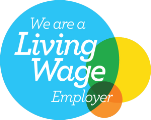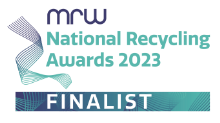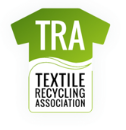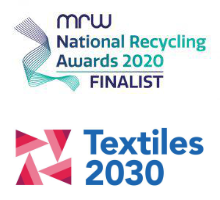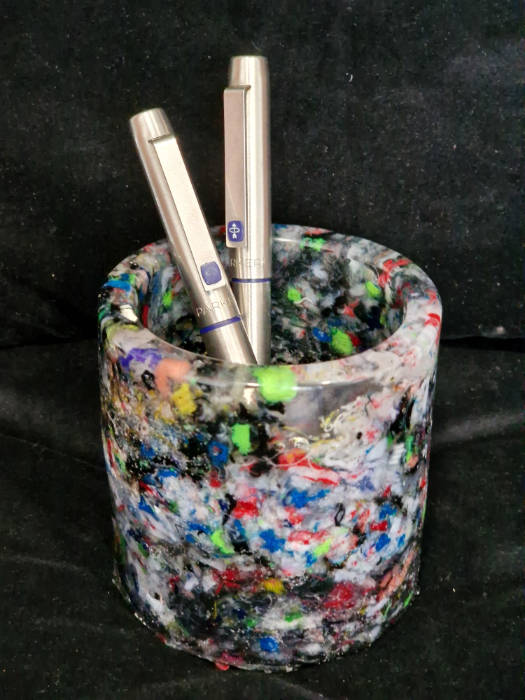Welcome to our weekly update on the latest in textile recycling and sustainable fashion. Here are the top stories making waves this week:
1. Breakthrough in Tackling Harmful Chemicals
Researchers at the University of California, Riverside, have discovered a bacterial species that can break down PFAS, the “forever chemicals” commonly used in waterproofing agents. This discovery could be a game-changer in reducing harmful chemical use in fashion, offering a new way to combat these persistent pollutants.
2. Innovation in Sustainable Materials
U.S.-based startup Natural Fiber Welding is making strides in creating plant-based, biodegradable alternatives to leather. These innovative materials are free from harmful chemicals, offering a more sustainable option for fashion brands looking to reduce their environmental impact.
3. Circular Economy and the Rise of Second-Hand Fashion
The second-hand clothing market is booming, with projections indicating it will account for 10% of global fashion sales by 2024. This growth is driven by a shift towards sustainability and the rising popularity of online resale platforms. More brands are also embracing circular economy principles, focusing on upcycling, garment rentals, and advanced textile recycling technologies to keep products in circulation longer.
4. Decarbonization and the Call for Transparency
A recent report from Fashion Revolution highlights the fashion industry’s ongoing challenges with transparency and decarbonization. Many major brands are criticized for not disclosing their energy procurement practices or greenhouse gas emissions reduction targets. The industry still has a long way to go in meeting climate goals, with insufficient investment in renewable energy and a lack of transparency being major hurdles.
5. Ethical and Regenerative Practices on the Rise
Ethical practices are becoming a cornerstone of sustainability in fashion, with increasing focus on fair labor, equitable wages, and inclusive representation. Regenerative fashion, which aims to restore environmental health through sustainable agriculture and bio-based materials, is gaining momentum. A notable example is Dawn Denim’s partnership with Tip Me, allowing consumers to tip garment workers directly, promoting fair compensation and empowerment.
These developments underscore the fashion industry’s ongoing efforts and challenges in becoming more sustainable. Innovation, transparency, and ethical practices remain critical in driving meaningful change.
Stay tuned for more updates as we continue to track the progress in textile recycling and sustainable fashion!
